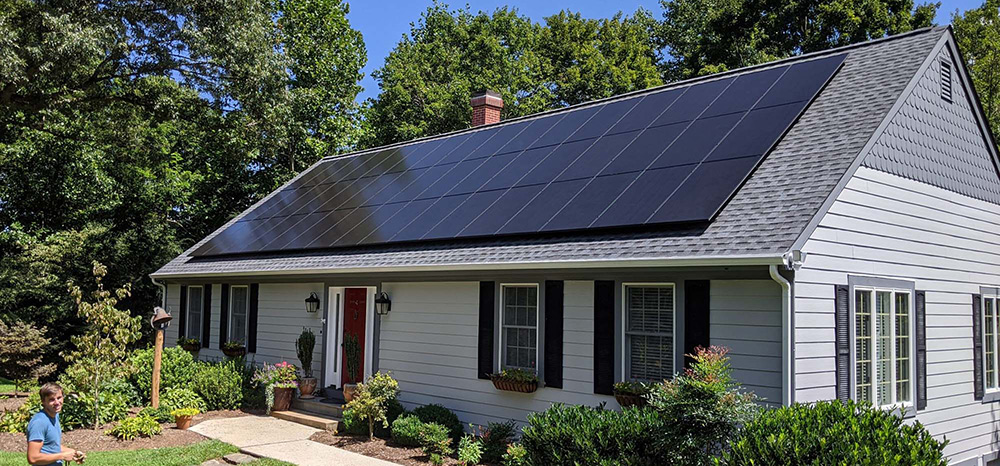Net metering serves as a vital billing system for solar energy users, allowing them to measure the surplus energy generated and exchange it for credits on their monthly electricity bills.

Here’s how it works: when your solar energy system produces more electricity than your home consumes, net metering steps in. It enables you to send the excess electricity back to the grid, effectively spinning your meter backwards and accruing credits for later use.
These credits come into play during times when your solar system isn’t producing as much energy, such as at night or on cloudy days. They offset your energy usage, helping to reduce your overall electricity costs. At the end of each billing period, your electricity bill reflects the net difference between the energy you’ve consumed from the grid and the energy you’ve sent back through net metering.
It’s important to note that while net metering can significantly reduce your electricity bills, you will still pay a meter fee charged by your utility company for the cost of being grid-tied (usually between $8-$30 depending on your utility). In Virginia, net-metering credits you for the energy you provide, ensuring that you are getting a 1-for-1 rate with your utility.
Without net metering, any excess energy generated but not consumed would go to waste. Net metering ensures that you gain value from all the solar electricity your system produces, not just what you use immediately.
In Virginia, net metering policies are overseen by the Virginia State Corporation Commission (SCC) and are implemented by individual electric utility companies. Here at Virtue Solar, we take care of every aspect of net metering for our customers, ensuring that all terms and conditions are met before installation.

